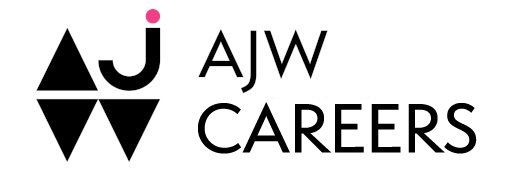In many roles, an initial job description will hardly cover all aspects of the job you will end up doing.
Organisational circumstances (re-structuring, team reduction, growth in business) and individual opportunities for career advancement (secondments, volunteering) will offer plenty of chances for your role to grow and diversify over time and there is no doubt that you are already doing something that was not on your job description originally.
Yet, the extra responsibilities you pick up rarely get logged and they get forgotten or become ‘normal’ over time.
Keeping a log gives a clear overview of your career development and below shows why this is important:
Achievements
The next time you want to apply for a new role internally or elsewhere, don’t just list your tasks and responsibilities in your CV. Anyone can do that – why would it make your application stand out among many others and land you an interview invitation? Instead, what employers like to see is what you actually did that sets you apart from others with the same background.
CV’s listing achievements should contain information like contributing to, among others, some sort of:
- Growth (sales, profit, customer satisfaction etc.)
- Reduction (complaints, loss, waste e.g. time unnecessarily spent on tasks)
- Effectiveness (introduction of new processes or streamlining them)
- Support (helping others in the company)
- Creativity
- Team work
You will also need to quantify these as much as possible to put them in context.
Furthermore, in a slightly different sense of ‘achievements’, your CV should also list any awards or praises you receive and the reasons or circumstances.
Once you start logging these details and events as and when they occur, referring to the value you could bring to an employer will become much easier in applications and promotion talks.
Contacts
Your development log should keep important names, roles, dates and organisations with whom you have worked before. This is extremely important for networking purposes and referring to the work done together will help you getting in touch with others in the future. Especially if you send an introduction email or a LinkedIn request to someone much later, reminding them briefly how you know them will not only make it easier to establish that contact, but it can also make a difference to what opportunities that contact could lead for you.
Self-confidence
When you come across barriers in your career development, which we all do time to time, the ability to review your previous achievements will boost your self-confidence. Focusing at what feels like a failure in the moment may make you forget all the difference you have made to others like your team, boss or customers at previous times. Your career development log will play the role of a good colleague or friend, reminding you what you can do and it will help you identify reasons to be proud of. It will also give you a much needed overview of how far you actually got in your personal development, refocusing your attention to the positive and more important career events. Overall, a career development log is a great tool to help you overcome temporary lack of self-confidence and bring back your self-esteem to the level it should be.
What a career development is NOT:
Keeping a career development log does not mean that you have to keep a work journal every day. Don’t overthink it either, it doesn’t need to be complicated. Simply log every new task or project, stakeholder and feedback with date. Potentially, you could add the circumstances and how these new tasks came about.
For best practice in writing a career log, read the post ‘4 top tips: How to keep a career development log‘.
Enjoy ‘logging’!

